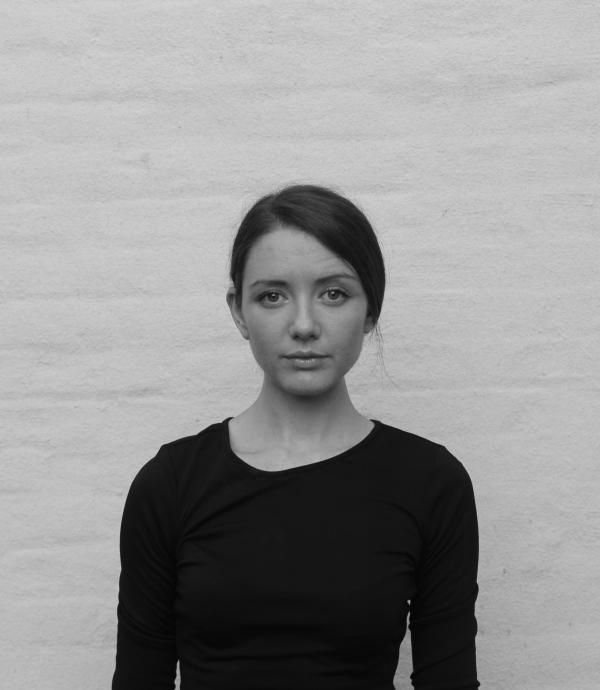
The Community-Engaged Practice and Innovation Awards recognize faculty who have developed community-engaged learning, leadership or research activities that create curricular and co-curricular opportunities for students.
See Details
At Cornell, Suzanne Lettieri has been a trail-blazer and thought leader, an inspiration to students and faculty in stimulating influence on diversity within architecture education beginning with high-school students and the transition to college and beyond.
She received the Community-Engaged Practice & Innovation Award in recognition of her community-engaged learning course that brings together Cornell Bachelor of Architecture students and high school community partners. Through her seminar, Lettieri delves into integrated community-engaged experiences with educational content while also tackling the pressing issue of ethically diversifying the discipline by developing design tactics for inclusion and mentorship mechanisms. She works directly with secondary school community partners, including Urban Assembly Maker Academy in New York City, Ithaca High School and Baltimore School of Design, as well as middle schools through Cornell’s Science and Technology Entry Program (STEP).
Fellows come from all over the university, bringing their particular passions and living out the public purpose of their discipline through teaching and researching in, with and for community.
See Details
Methods of Design Engagement
As a Faculty Fellow in Engaged Scholarship, Suzanne Lettieri is pursuing research and critical writing on expansive forms of mentorship for underrepresented students interested in the built environment. As part of her first independent book, tentatively titled How to Engage: Methods, Early Education and Architecture Pedagogy, Lettieri is studying the impact of design-build work as a method of engagement and a means to develop lasting mentoring relationships.
In summer 2022 she started a design-build experience with local high school students in Ithaca, and in fall 2022 she is teaching the Design-Justice Mellon Seminar. The seminar is traveling to Detroit to work with high school students, local artists and activists. Part of our course ambition is to test methods of fieldwork that reduce hierarchies and explore expertise from a variety of voices and backgrounds.


